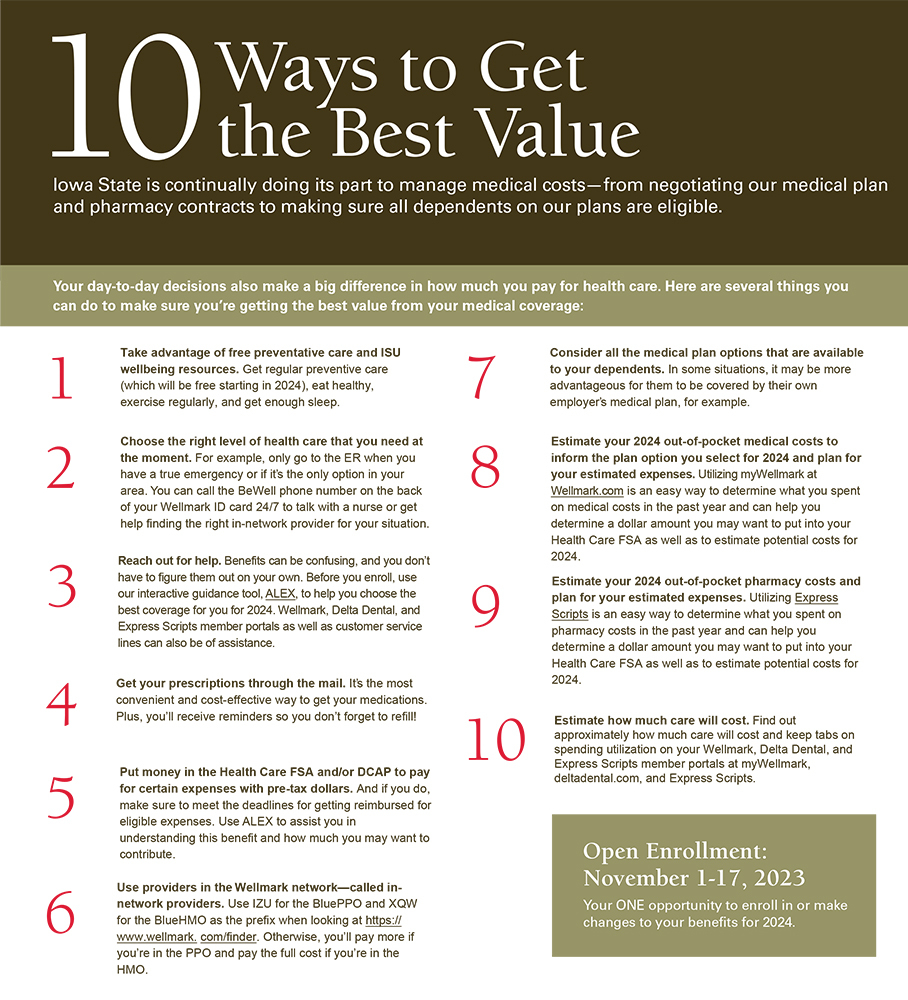
In today’s digital age, managing our health benefits online has become more convenient and efficient than ever before. With just a few clicks, we can access important information about our healthcare coverage, track claims, and even schedule appointments with healthcare providers. In this post, we will explore the various ways in which you can effectively manage your health benefits online, ultimately empowering you to take control of your healthcare and make informed decisions about your well-being. Let’s dive in!
Top Tips for Navigating Online Health Benefit Portals
When it comes to managing your health benefits online, it can be overwhelming to navigate through the various portals and information available. To make the process smoother, start by familiarizing yourself with the layout of the portal and understanding where to find essential information such as coverage details, claims history, and provider networks. It’s also crucial to regularly update your personal information to ensure accurate communication and coverage.
Furthermore, utilizing the search function can be a time-saving tool to quickly locate specific benefits or services. Don’t hesitate to reach out to customer service if you encounter any issues or have questions about your benefits. By staying organized and proactive in managing your online health benefit portal, you can effectively utilize your coverage and make informed decisions about your healthcare.
The Benefits of Utilizing Telehealth Services for Your Health Needs
Telehealth services provide a convenient and efficient way to access healthcare without the need to visit a traditional doctor’s office. By utilizing telehealth, individuals can consult with healthcare providers, receive medical advice, and even get prescriptions filled from the comfort of their own homes. This is especially beneficial for those with busy schedules, mobility issues, or living in remote areas where access to healthcare may be limited.
Furthermore, telehealth services can help reduce the risk of exposure to contagious illnesses, as individuals can receive care without being in close proximity to other patients. This can be particularly important during times of public health crises or when individuals are immunocompromised. Embracing telehealth can lead to more proactive and convenient healthcare experiences, ultimately improving overall health outcomes and well-being.
Understanding the Importance of Preventive Care in Managing Your Health

Preventive care is the cornerstone of a healthy lifestyle. By focusing on prevention rather than treatment, individuals can avoid serious health issues and maintain overall well-being. Regular check-ups, screenings, and vaccinations play a crucial role in early detection and prevention of diseases. Prioritizing preventive care not only promotes physical health but also contributes to emotional and mental well-being.
For many, preventive care may seem like a hassle or unnecessary expense. However, investing time and resources in preventive measures can lead to long-term savings on healthcare costs and improve quality of life. Understanding the benefits of preventive care empowers individuals to take control of their health and make informed decisions about their well-being. By incorporating preventive care into your health management routine, you are investing in a healthier and happier future.
Exploring Different Types of Health Insurance Plans Available Online
Health insurance is a vital component of healthcare accessibility, providing financial coverage for medical expenses. Understanding the different types of health insurance plans available online can help individuals make informed decisions about their coverage. Whether it’s a Health Maintenance Organization (HMO), Preferred Provider Organization (PPO), or High-Deductible Health Plan (HDHP), each plan has its own benefits and limitations that cater to different healthcare needs. Exploring these options online allows individuals to compare coverage, costs, and network providers to find a plan that best suits their requirements.
The Importance of Researching Before Choosing a Plan
Before selecting a health insurance plan online, it’s crucial to research and understand the specifics of each plan. Factors to consider include monthly premiums, annual deductibles, copayments, out-of-pocket maximums, and coverage for prescription drugs, specialists, and preventive care. Evaluating these aspects can help individuals choose a plan that not only fits their budget but also provides comprehensive coverage for their healthcare needs.
Tips for Finding Reliable Health Information Online
When it comes to finding reliable health information online, it can be overwhelming to sift through the vast amount of content available. To ensure you are getting accurate and trustworthy information, it’s essential to verify the credibility of the sources you are using. Look for information from reputable organizations such as the Centers for Disease Control and Prevention (CDC) or the World Health Organization (WHO).
Additionally, cross-referencing information from multiple sources can help you validate the accuracy of the content. Be cautious of misleading headlines or information that seems too good to be true. Remember, your health is important, so take the time to research thoroughly before making any decisions based on online health information.
The Future of Digital Health: Trends and Innovations to Watch
As we dive deeper into the realm of digital health, it’s crucial to stay informed about the latest trends and innovations shaping the future of healthcare. One prominent trend to watch is the rise of wearable technology, such as smartwatches and fitness trackers, that allow individuals to monitor their health metrics in real-time. These devices not only track physical activity but also provide valuable data on heart rate, sleep patterns, and overall wellness.
Another exciting innovation to keep an eye on is the integration of artificial intelligence (AI) in healthcare. AI-powered tools can analyze vast amounts of medical data to assist healthcare providers in making more accurate diagnoses and treatment plans. Additionally, telemedicine is revolutionizing the way patients access care, offering convenient and cost-effective alternatives to traditional in-person consultations. By embracing these advancements, we can expect to see improved patient outcomes and a more personalized approach to healthcare in the digital age.